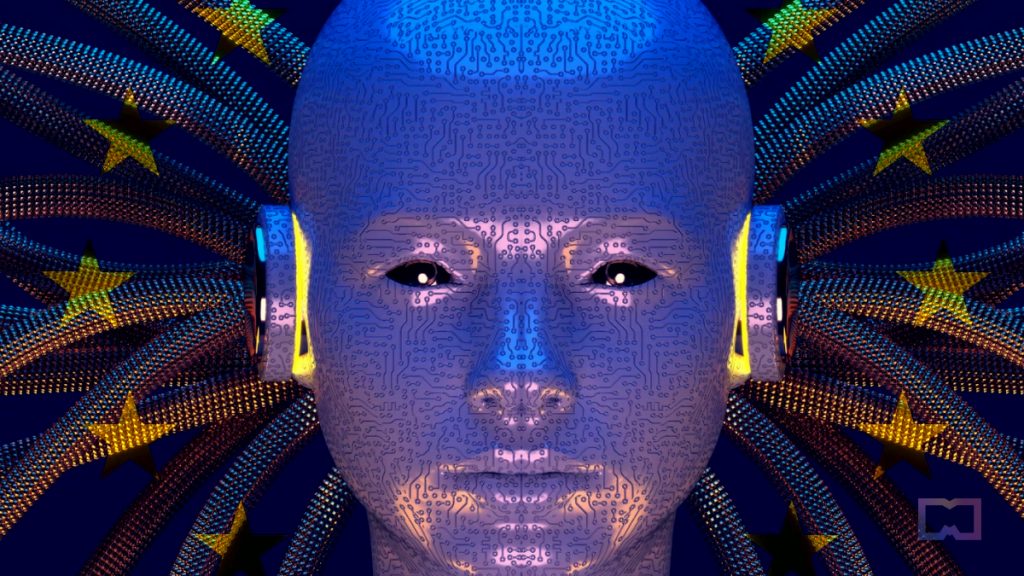
The Cyberspace Administration of China (CAC) wants to tighten the generative AI regulations by implementing a licensing requirement, Financial Times reported. This month, China’s internet watchdog aims to execute licensing system to control content.
A source familiar with CAC mentioned to FT that if Beijing intends to exert complete control and censorship over AI-generated content, it would require companies to get prior approval from authorities. The source added that the regulations must strike a balance to prevent impeding domestic tech companies in the competitive race.
According to Matt Sheehan, a fellow at the Carnegie Endowment for International Peace, it’s the first time that Chinese authorities are faced with a trade-off between two key goals of the Communist party: maintaining leadership in AI and exercising control over information.
Angela Zhang, an associate professor of law at the University of Hong Kong, explained that content control is the primary focus of China’s regulatory measures in AI.
In April, China issued draft regulations that require companies to register their generative AI products with authorities within ten working days of their launch.
According to the draft rules, companies that provide generative AI services in China must ensure that their platforms do not produce content that is discriminatory, false, or infringing on personal privacy or intellectual property rights.
Before launching their services to the public, they must also conduct security assessments and report them to the authorities. The CAC mandates that generative AI service providers verify real identities and user data and impose penalties, suspensions, or criminal investigations for violations. AI companies must also ensure their products align with Chinese socialist values. In addition, they must update their technology within three months to prevent the recurrence of inappropriate content generated by their platforms.
Last month, a new regulation from the China Cyberspace Administration required 41 generative AI algorithms to obtain licenses before going into the mainstream. The algorithms are the basis for all 79 Chinese generative AI LLMs with more than 1 billion parameters.
Europe Proposes Strict AI Regulations
One of the major players in AI governance is the European Union, which has proposed a comprehensive framework for regulating AI applications. However, some experts and stakeholders argue that the EU’s approach is too restrictive and could hamper innovation and competitiveness.
The EU Parliament has proposed rules to the original AI regulation draft that would prohibit biometric surveillance and require generative AI systems to reveal when they produce AI-generated content.
In addition, the regulation would oblige companies using AI tools to disclose the copyrighted material they use to train their systems and to assess the impact of their “high-risk applications” on human rights and the environment. Systems like ChatGPT would have to help users distinguish between real and fake images and prevent illegal content.
More than 150 business leaders from various sectors, including Meta, Renault, and Siemens, have written a letter to EU policymakers, expressing their concerns about the draft AI regulation that the EU agreed on in June. They claim that the proposed rules would harm Europe’s technological sovereignty and competitiveness, while not addressing the potential issues that AI might pose. Moreover, they cite OpenAI’s CEO, Sam Altman, who already mentioned that the company might leave Europe if the rules are enforced. He suggested changing the definition of general-purpose AI systems and criticized the EU AI Act.
Read more:
Read More: mpost.io








 Bitcoin
Bitcoin  Ethereum
Ethereum  Tether
Tether  XRP
XRP  Solana
Solana  USDC
USDC  Dogecoin
Dogecoin  TRON
TRON  Cardano
Cardano  Lido Staked Ether
Lido Staked Ether  Wrapped Bitcoin
Wrapped Bitcoin  Hyperliquid
Hyperliquid  Sui
Sui  Wrapped stETH
Wrapped stETH  Chainlink
Chainlink  Avalanche
Avalanche  Stellar
Stellar  LEO Token
LEO Token  Toncoin
Toncoin  Bitcoin Cash
Bitcoin Cash  Shiba Inu
Shiba Inu  Hedera
Hedera  USDS
USDS  WETH
WETH  Litecoin
Litecoin  Wrapped eETH
Wrapped eETH  Monero
Monero  Polkadot
Polkadot  Binance Bridged USDT (BNB Smart Chain)
Binance Bridged USDT (BNB Smart Chain)  Ethena USDe
Ethena USDe  Bitget Token
Bitget Token  Pepe
Pepe  Coinbase Wrapped BTC
Coinbase Wrapped BTC  Pi Network
Pi Network  WhiteBIT Coin
WhiteBIT Coin  Aave
Aave  Uniswap
Uniswap  Dai
Dai  Ethena Staked USDe
Ethena Staked USDe  Bittensor
Bittensor  OKB
OKB  Cronos
Cronos  Aptos
Aptos  BlackRock USD Institutional Digital Liquidity Fund
BlackRock USD Institutional Digital Liquidity Fund  NEAR Protocol
NEAR Protocol  Jito Staked SOL
Jito Staked SOL  Internet Computer
Internet Computer  Ondo
Ondo  Ethereum Classic
Ethereum Classic